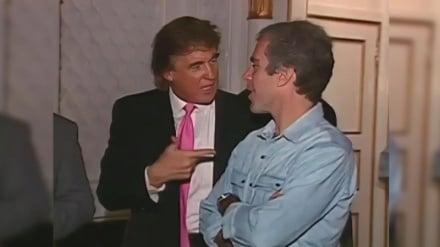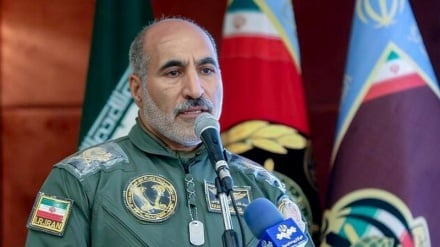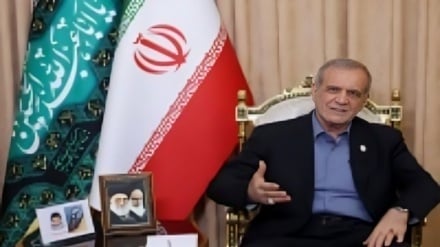Don't speak ill of aggressor!/ Washington Post's effort to whitewash American occupiers in Japan
-
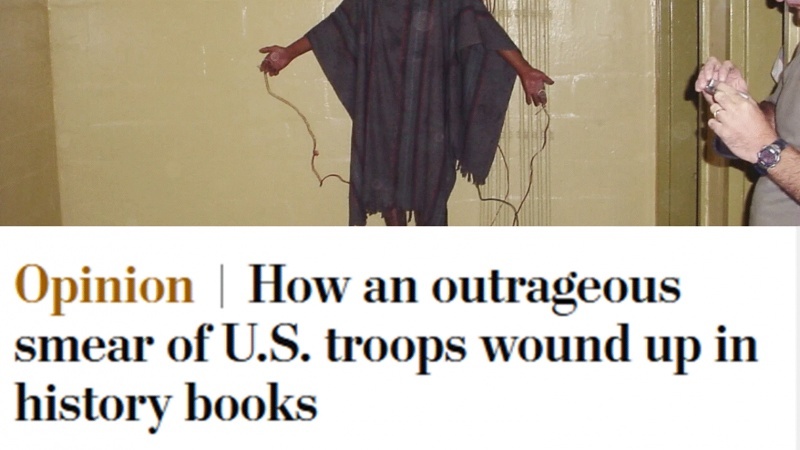
A picture of an Iraqi named Abdah Hussein Saad Felah being tortured by American forces
Pars Today - Brian P. Walsh, in an article published in the Washington Post, questions the narrative of the presence of American troops in Japan during World War II, suggesting that it is not suitable for the image of America. He believes that one can doubt the accounts of that era.
The title of the article published in the Washington Post is: "How an outrageous smear of U.S. troops wound up in history books". According to Pars Today, the author of the article presents a rational image of Shigeru Yoshida, the Prime Minister of Japan, which paved the way for the presence of American occupiers.
In this narrative, cooperation with the occupying force and surrendering the homeland to them is portrayed as a rational act.
The article doesn’t mention the atomic bombing of Japan by the United States. Only one country in history has used atomic bombs in war, and it has happened twice, both times against the Japanese people.
It is interesting that the Washington Post article mentions the hatred and bias of the public against America in the context of the Japanese war, but does not mention the most brutal and deadly historical bombing of civilians.
In this article, historical books that narrate the crimes of American occupiers are described as sloppy, biased, and completely inaccurate.
The article questions the rape of Japanese women by American forces in the first 10 days of occupation in Kanagawa Province, and rejects the historical record of 1366 rapes in the province. The article only acknowledges the statistic of 1100 rapes by Allied forces (including American and other Allied forces) during the 6-year occupation.
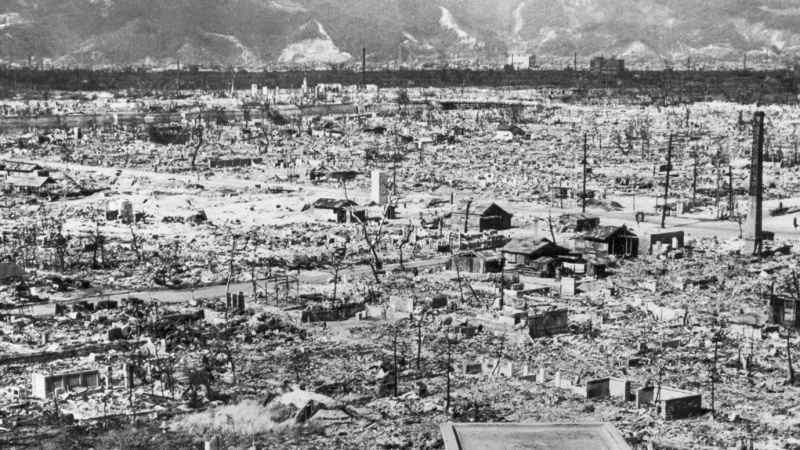
In another part of the article, the author tries to downplay the high rate of venereal diseases among American soldiers. Brian Walsh writes with disappointment about the anti-American atmosphere in academic books and resources related to the occupation of Japan: "The politicization of academic history in American higher education is so severe that even relatively impartial historians cannot avoid being influenced by the prevailing anti-American bias in this field."
The author accuses historians of bias and says: "The bias that is prevalent today believes that the United States, especially its army, is an oppressive force and therefore cannot create any positive change in the world."
One of the people accused of bias by the author is John W. Dower, who in 2019 described the relationship between America and Japan as insulting. He said in an interview: "We oppose the continuation of the US-Japan security treaty, which endangers Japan's independence by turning it into an American imperial outpost and forcing it to take a hostile stance towards China."
Criticism of America's semi-colonial behavior towards Japan has led the Washington Post author to label the Massachusetts University professor and researcher of US-Japan relations as biased.
Overall, this strange approach can be seen as a result of the Japanese media's and elites' lack of effort in history, social sciences’ fields, etc as well as the Japanese government's reluctance to defend the historical narrative and memories of the Japanese people who suffered. Some major American media outlets are slowly trying to distort history and justify their own crimes against this country.
Many critics believe that Japan's shortcomings in narrating its war history and media have led to a reversal of roles, where Japan is blamed for the American use of atomic bombs, and the massive brutality of America is forgotten.
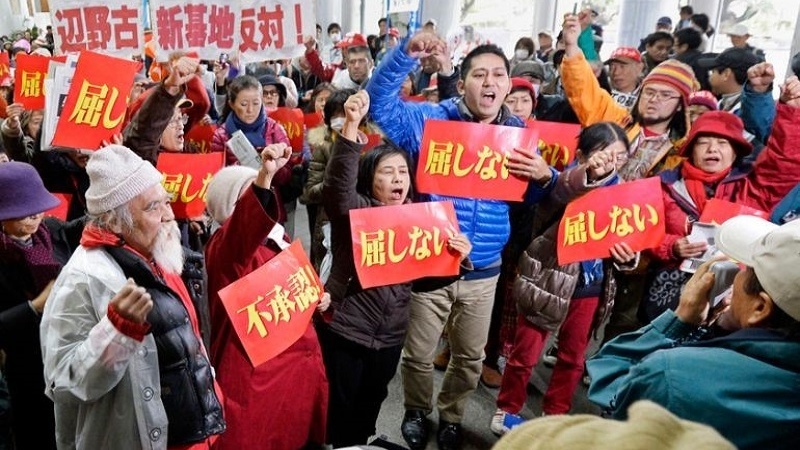
Key phrases: Atomic bombing of Hiroshima, Atomic bombing of Nagasaki, American use of atomic bombs, Washington Post, US-Japan relations.
MG/ME
